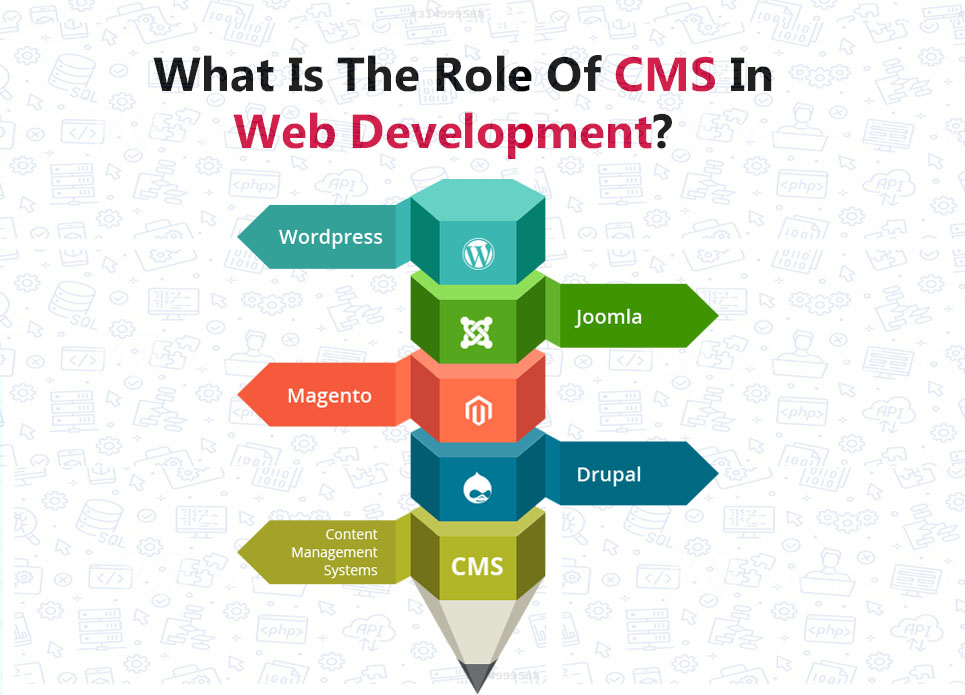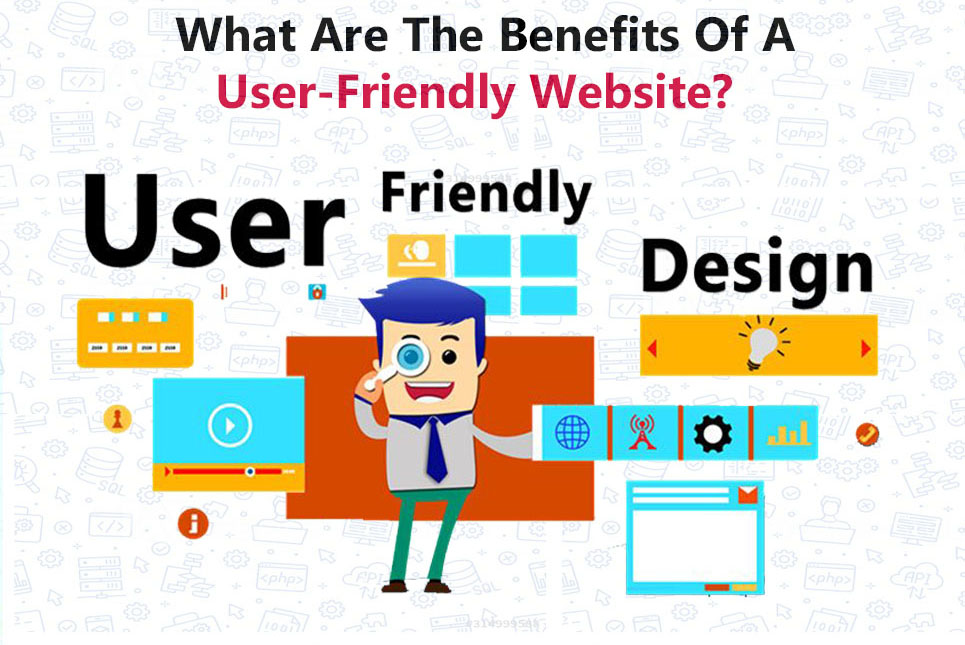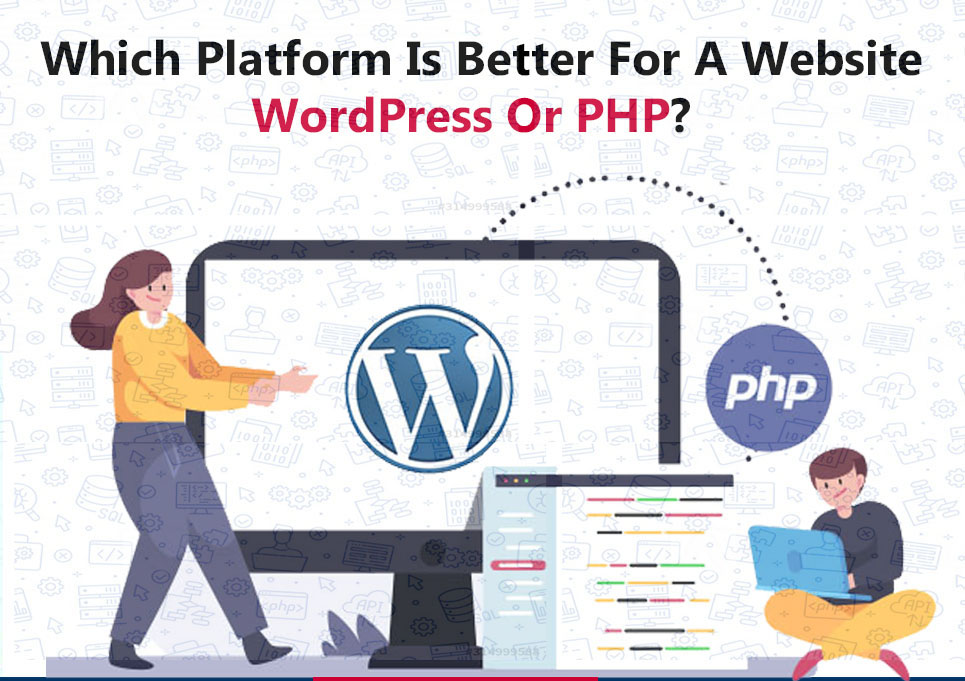Why is having a website important for a small business?
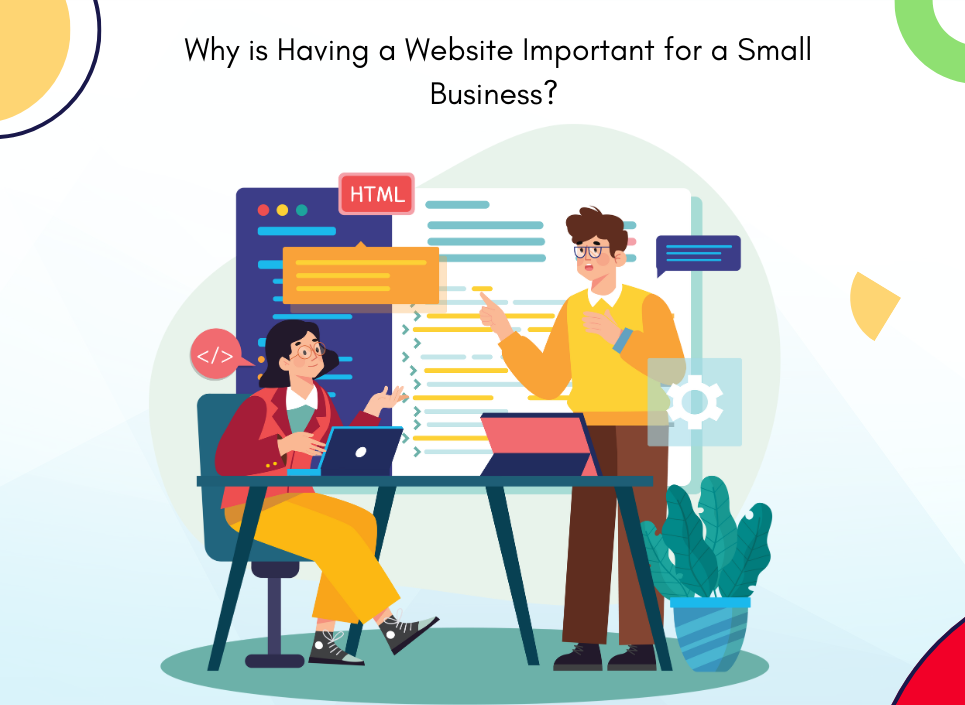
Apr
Having a website is crucial for a small business in today’s digital age. It’s not just a trend—it’s a powerful business tool that can help you grow, connect with customers, and establish a strong online presence. Here’s a detailed look at why having a website is important for a small business:
1. Establishes Credibility and Builds Trust
One of the first things people do when they hear about a business is look it up online. A professional website makes your business look legitimate and trustworthy. Without one, potential customers may question the credibility of your business. In fact, many consumers consider a website a mark of seriousness and professionalism.
Your website acts like your digital business card—it introduces your brand, tells your story, and helps people feel confident about working with you.
2. Acts as a 24/7 Online Presence
Unlike a physical storefront that closes at the end of the day, your website works around the clock. Whether it’s midnight or a holiday, your site can provide information, answer questions, and even allow purchases or inquiries without human involvement. This availability is especially beneficial for customers who have busy schedules and prefer to browse or shop outside of typical business hours.
3. Attracts New Customers Through Search Engines
A website that’s optimized for search engines (using SEO best practices) can bring new customers to your business. When people search for products or services you offer, your website can show up in search results—bringing organic traffic and helping you grow your customer base without the need for paid advertising.
For example, if someone types “best bakery in [your town]” into Google, and your website is well-optimized, you could appear in the top results—giving you a chance to win a new customer.
4. Showcases Your Products or Services
Your website is a place where you can display all your offerings in detail—complete with images, descriptions, pricing, and testimonials. Whether you’re selling handmade goods, offering consulting services, or running a restaurant, a website gives you full control over how your products or services are presented.
You can also regularly update your offerings, promote seasonal discounts, or feature bestsellers—all of which can help drive sales and engagement.
5. Helps With Customer Support and Communication
A website can serve as a hub for customer communication. You can include FAQs, live chat features, contact forms, and even automated bots that answer basic queries. This not only improves customer service but also saves you time.
Additionally, integrating your website with email marketing tools lets you stay in touch with customers through newsletters, updates, and promotions.
6. Levels the Playing Field
A website allows small businesses to compete with larger companies. While big brands may have more resources, a small business with a professional, user-friendly website can create a memorable customer experience and build a loyal following. With the right content, design, and marketing, you can stand out—even in a crowded market.
7. Cost-Effective Marketing Tool
Traditional advertising—like print, radio, or TV—can be expensive and hard to measure. In contrast, digital marketing via your website is more affordable and trackable. With tools like Google Analytics, you can monitor who’s visiting your site, what they’re looking at, and where they’re coming from.
This insight helps you make smarter marketing decisions, allocate your budget more effectively, and refine your business strategies based on real data.
8. Strengthens Your Brand Identity
Your website is a direct reflection of your brand. Through the design, content, and tone, you can convey your brand values, mission, and personality. Whether your brand is fun and creative or professional and reliable, your website should represent who you are and what sets you apart from competitors.
Branding consistency across your website and other platforms (social media, email, packaging, etc.) helps reinforce your identity in customers’ minds.
9. Supports Business Growth and Expansion
A website grows with your business. As you expand your offerings, hire more team members, or enter new markets, your site can evolve accordingly. You can add e-commerce features, a blog, a booking system, or even a members-only area.
Moreover, if you plan to scale your business beyond your local area, your website is your gateway to a larger, even global, audience.


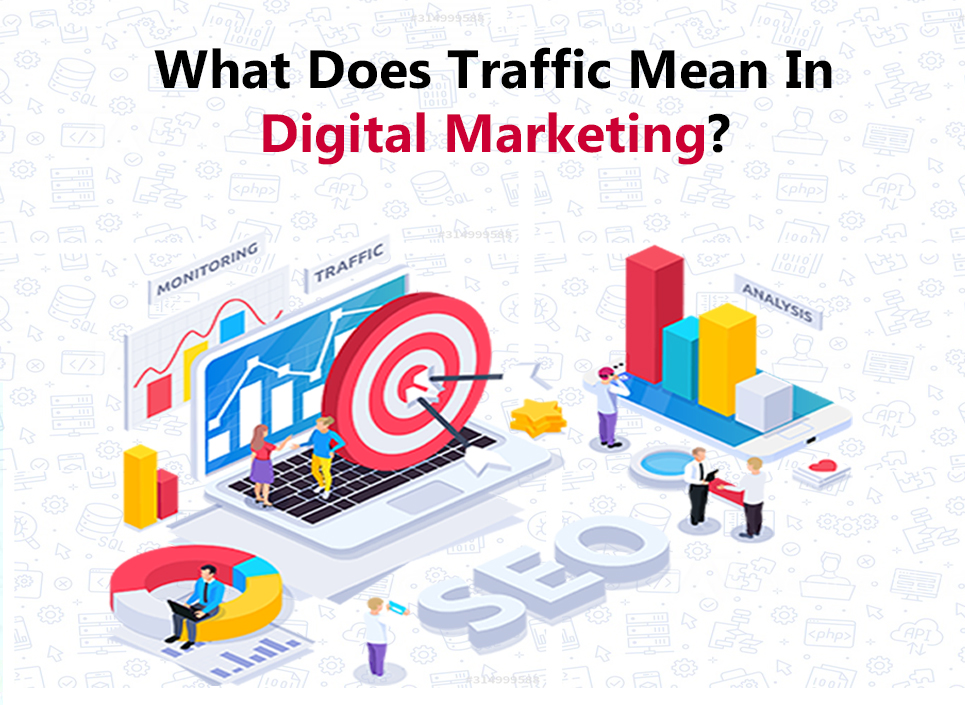


.jpg)
